All about plastic!
Get the low down on this fascinating multi-use material
Plastic has been all over the news lately because of the ways it can damage our planet – but how much do you REALLY know about it?
Plastic is in so much stuff that it’s almost impossible to picture our lives without it! The chairs you sit on, the jumper you’re wearing, your smart phone, toys and pens are all made up of this material. Not to mention car parts, bike bits, bank notes, washing machines and even windows. So where did the material come from?
Plastic history
The first synthetic plastic was made in 1907, when a Belgian named Leo Baekeland invented Bakelite in a lab in New York. Known as ‘The Material of 1,000 Uses’, it was eventually transformed into phones, radios, jewellery, chess sets and more!
Many chemists continued Leo’s work, and soon other types of plastics with different properties were developed, such as cellophane in 1912 and nylon in 1935.
It’s everywhere!
Today there are more than 50 kinds of plastic and in the past 100 years its invention has changed the world as we know it.
Lightweight, strong and easy to create, it has been used in endless ways. And because it’s so cheap to make and buy, it has replaced other more expensive natural materials, such as wood, metals, silks and animal skin. But there IS a downside to this super useful material…
Plastic problems
Unfortunately, some of plastic’s best properties – its durability and long-lasting life – are the things that cause problems in the environment. Many plastics, such as water bottles and packaging, are designed to be used just once. Unless they’re recycled, they remain on our planet, clogging up landfills, and making their way to the ocean where they can harm sealife.
_________
True or False?
Are these statements about plastic real or rubbish? Test yourself, your friends and your family, and reveal the truth!
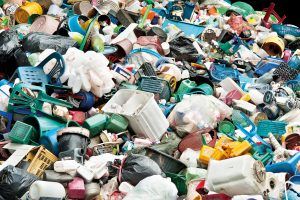
_________
Wait… that’s plastic!?
You’d be surprised just how many products contain types of plastic!
Lycra, tights, teabags, sellotape, super glue, nappies, acrylic paint, glasses and glitter are just some of the products that contain forms of plastic. Who knew?!
__________
Meet plastics scientist Thomas Voessing!
Nat Geo Kids: Hi Thomas! First up, can you explain what your job is?
Sure! I work as a scientist for a company called Covestro. We make plastics for many different uses and industries. I research alternative materials to produce plastics with, which will be better for the environment.
Why is plastic used to make so many different things?
Because it can be put into any shape quite easily and it lasts for a long time.
Is plastic dangerous to make?
Making plastics is quite similar to some of the chemistry experiments you may do in school – but it requires more complex chemical reactions and extra safety measures. We also put on safety googles, and wear lab coats and gloves just in case something goes wrong.
How is plastic made?
It might help to think of it like baking! When you make plastics you use different ingredients in different forms. By mixing everything together in the right combination and heating to the right temperature for the correct duration, you transform the ingredients into a new material. But instead of eggs and flour we use crude oil as our main ingredient. And we end up with plastic instead of cake!
What’s been the most important discovery in your work?
Crude oil is one of the main ingredients needed to make plastic. But it’s also a fossil resource, which means there’s a limited amount of it on our planet. Happily, for one key component in plastic, called aniline, we discovered a way to create it from biomass (materials such as corn, straw and wood) instead of oil. And that really is amazing!
How will that improve things?
Using more renewable sources for raw materials is much better for the environment. With the new process, the chemical reactions can now take place under milder conditions which also means we can reduce harmful CO₂ emissions.
How can plastic harm the planet?
It causes harm if it’s thrown away and ends up in nature. We all need todo our bit to avoid throwaway plastics (such as straws or drinks bottles) and help save our planet.
In what ways can it benefit the planet?
Plastic is an almost magic material which makes modern life possible – and better. For example, when used for house insulation, it keeps people´s homes warm, while cutting the energy they need to heat it.
What’s it like working in a lab?
It can be a lot of fun, because you don’t just work by yourself. At Covestro, there’s a great team of more than 16,000 scientists and colleagues from around the world. Every day, we have different challenges so it never gets boring.
Would you recommend having a career in chemistry?
Working in chemistry is fascinating as you get to understand how our world is built and connected. And by knowing that, you have the opportunity to try to improve everyone’s day-to-day life.
What qualities does a scientist need?
It’s important to have a curious mind, ask lots of questions and want to understand how things work.
Sounds like Nat Geo Kids readers!
__________
Try this!
Sometimes we don’t realise how much plastic we actually get through each week. A useful activity to try with your family or school is to collect all the plastic your house or class discards in one week. Then at the end of the week lay it all out and count it! Take pictures too. Ask yourself these questions:
– Is it more than you thought, or less?
– What did you throw away the most?
– Are there any items you could reduce or reuse?
– Can you make an action plan?
A couple of weeks after starting your action plan, repeat the experiment. Have you managed to reduce your single-plastic use? Was it difficult? What else could you try?
More Like General Science

7 steps to surviving an apocalypse (according to science!)
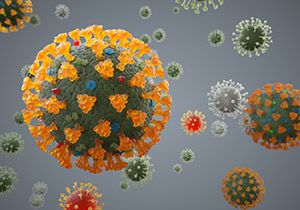
What is coronavirus?

10 facts about Stephen Hawking
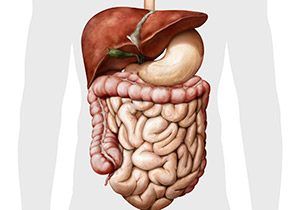




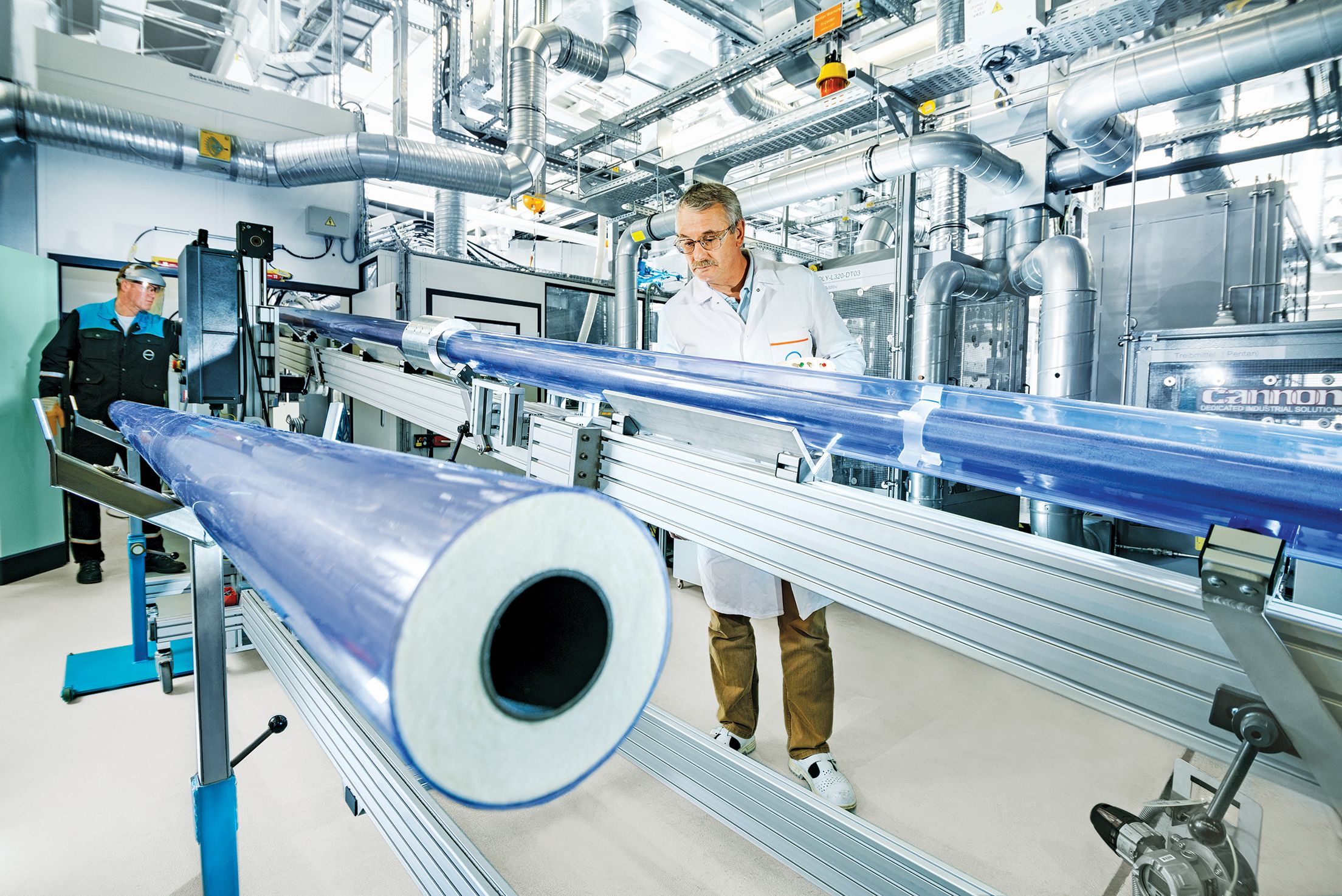
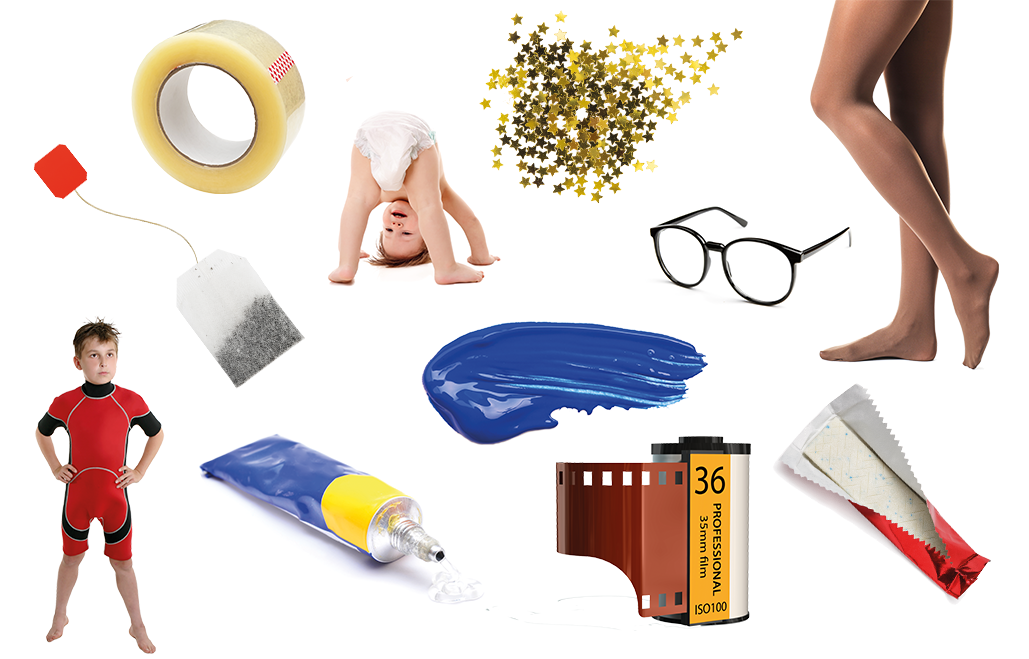




LEAVE A COMMENT
THANK YOU
Your comment will be checked and approved shortly.
WELL DONE,
YOUR COMMENT
HAS BEEN ADDED!
COMMENTS
hi
Cool!
hi
hi
Hi
Thanks
Good quiz, and good text, it was quite explained.
Let's do this!
Lol
AWESOME! We should do things about plastic
This helped me learn about plastic for home work!
WOW! I GOT PLENTY OF INFORMATION FOR MY PROJECT... Thanks Thomas - Hiya
I like it
CUSTOMIZE YOUR AVATAR